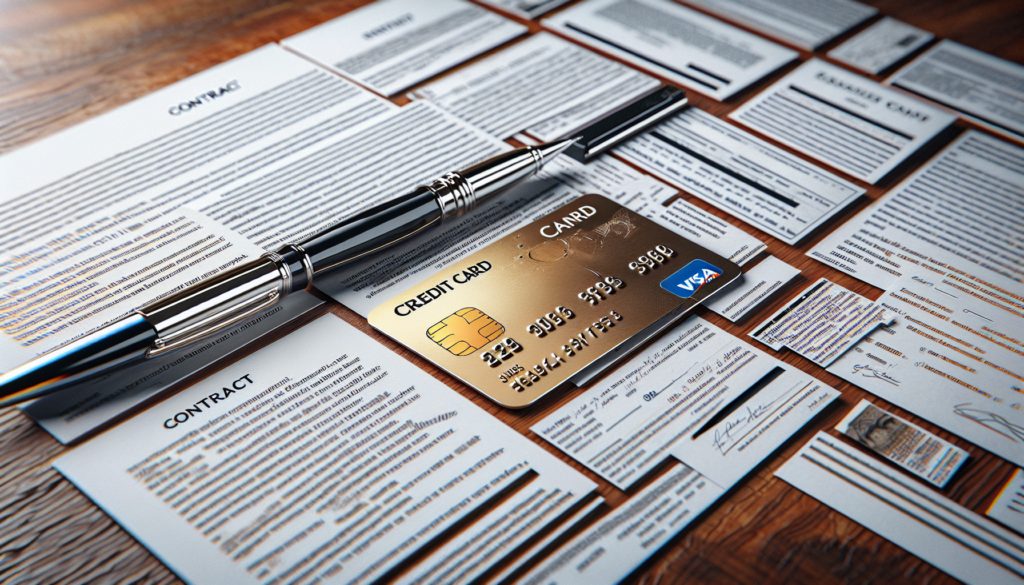
Filing for bankruptcy is a significant financial decision that impacts your credit, assets, and financial future. To navigate this process effectively and avoid potential complications, there are several actions you should avoid before filing for bankruptcy. Being aware of these can help protect your interests and ensure a smoother bankruptcy process.
1. Accumulating More Debt
Do not incur new debt just before filing for bankruptcy, especially if you don’t intend to repay it. This can include using credit cards for luxury purchases or taking out cash advances. Such actions might be considered fraudulent by the bankruptcy court, potentially leading to the denial of the discharge of the debt or even criminal charges.
2. Transferring, Hiding, or Destroying Assets
Attempting to hide assets by transferring them to friends or family members, or not disclosing them in your bankruptcy filings, is considered fraudulent. The bankruptcy trustee assigned to your case has tools to uncover such transfers, which can lead to your bankruptcy case being dismissed or, worse, criminal charges.
3. Paying Off Certain Creditors Over Others
Paying off loans from friends or family members before filing for bankruptcy (a practice known as “preferential transfers”) can be problematic. The bankruptcy trustee can potentially “claw back” payments made to individual creditors within 90 days before filing (or one year if the creditor is an insider, like a relative), redistributing the funds among all creditors according to bankruptcy laws.
4. Withdrawing Retirement Funds
Retirement accounts are generally protected in bankruptcy. Draining these accounts to pay off debt before filing is usually a poor decision, as you’re using protected assets to pay debts that might otherwise be discharged in bankruptcy. This action can also lead to tax liabilities and penalties for early withdrawal.
5. Failing to File Tax Returns or Pay Taxes
Not filing required tax returns or not paying current taxes can complicate your bankruptcy filing. In Chapter 13 bankruptcy, for example, you must demonstrate that you’ve filed your tax returns for the four years prior to your bankruptcy filing. Unfiled taxes can delay or disrupt your bankruptcy proceedings.
6. Ignoring Lawsuits from Creditors
If creditors have filed lawsuits against you, don’t ignore them, even if you plan to file for bankruptcy. Bankruptcy can stop most lawsuits, but if a creditor obtains a judgment against you before you file, it could complicate the process. For example, a creditor might secure a lien against your property, which bankruptcy might not eliminate.
7. Selectively Disclosing Information to Your Attorney
Withholding information from your bankruptcy attorney, whether about your assets, debts, or past transactions, can lead to problems in your case. Full disclosure is necessary for your attorney to provide accurate legal advice and prepare your case effectively.
8. Filing for Bankruptcy When You’re About to Receive Significant Assets
If you’re expecting a significant asset or income increase soon, such as an inheritance, a settlement from a lawsuit, or a large work bonus, consider how this might affect your bankruptcy filing. These assets could become part of your bankruptcy estate, affecting your eligibility or the distribution to creditors.
The period before filing for bankruptcy requires careful consideration and strategic planning. Avoiding these actions can help ensure that your bankruptcy process is as smooth and favorable as possible. Always consult with a qualified bankruptcy attorney to guide you through the pre-filing process, ensuring that you make informed decisions that protect your financial future.

Get a Free Bankruptcy Case Evaluation